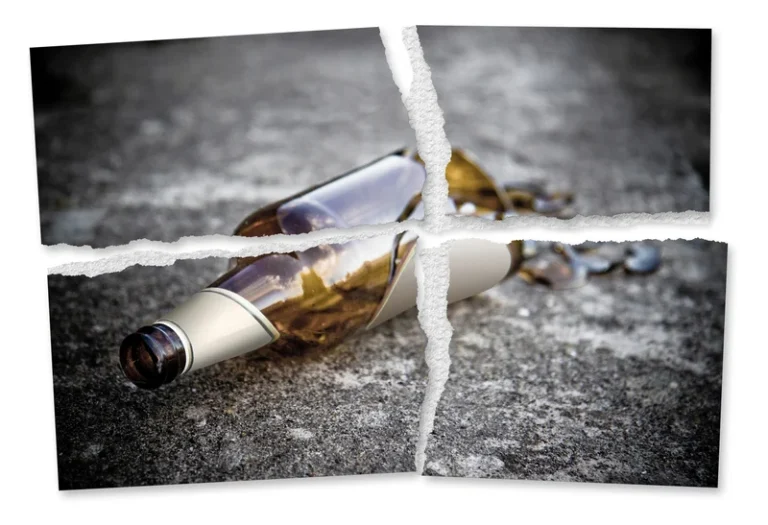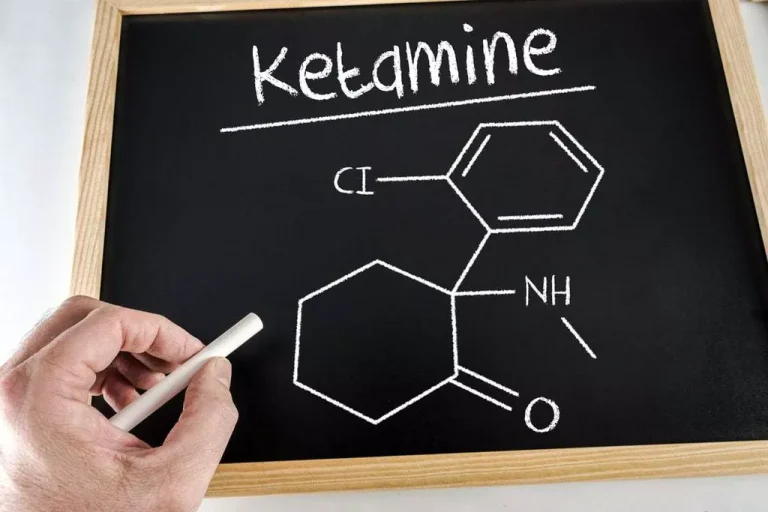This process temporarily restores homeostasis, or chemical balance, in an effort to counteract the impact of long-term alcohol use on the brain. One of the most significant benefits of giving up alcohol is that you may increase your lifespan. Alcohol misuse can lead to serious health problems https://ecosoberhouse.com/ like liver disease and cancer. So, giving up alcohol can help you to avoid these potentially deadly diseases. It is worth mentioning that nutritional status improvement occurs when someone strop drinking, which is one big reason why people may see many of the above improvements with sobriety.
What are the common alcohol withdrawal symptoms from alcohol detox?
Another widely applied benchmark of recovery is the cessation of negative effects on oneself or any aspect of life. Many definitions of recovery include not only the return to personal health but participation in the roles and responsibilities of society. In conclusion, embracing harm reduction and diverse modalities recognizes the uniqueness of each individual’s journey in addiction recovery. By acknowledging differences, offering alternatives, and emphasizing flexibility, the recovery process becomes more accessible, person-centered, and ultimately more effective in promoting lasting positive change. Understanding the dynamic nature of addiction, harm reduction aligns with the idea that relapses may occur and should be viewed as opportunities for learning and adjustment rather than as failures.
- Withdrawal symptoms can quickly go from a bad hangover to a serious medical situation.
- This makes it harder for people to realize that their drinking patterns are problematic.
- Treatment varies depending on the type of substance, the presence of co-occurring mental disorders and other personal factors.
Health Symptoms Associated With Alcohol Use Disorder
They’ll rediscover favorite hobbies that were left in the past and will likely pick up new ones as well. They will embrace action throughout the treatment and recovery process. Discover effective strategies for alcohol detox, including hydration, nutrient-rich foods, adequate rest, and professional support, to ensure a successful recovery journey. Inpatient rehab is an intensive treatment program in a medical facility that provides 24-hour care and a multidisciplinary approach to help patients recover from severe medical conditions or substance use disorders. The program offers structured therapies, constant medical supervision, and a supportive community to promote independence, improve function, and enhance overall well-being. Nurturing long-term recovery involves ongoing commitment to personal growth, self-reflection, and accountability.
Addiction Treatment Programs
Most commonly, people who relapse while in recovery will bounce back to the contemplation stage rather than the precontemplation stage, meaning that they don’t completely start over. At this stage, they can also begin healing liver damage with diet and exercise. They attempt to reverse the effects of their previous drinking in as many ways as possible, from health to social relationships to earning potential. During the action stage, the plan put together in the preparation stage is now being executed. It can make a significant difference to remove alcohol from your immediate environment as much as possible.
- In this article, we’ll explore the various stages of the Jellinek Curve.
- They’ll rediscover favorite hobbies that were left in the past and will likely pick up new ones as well.
- Not to mention, the lasting health benefits to the immune system, liver, blood pressure, mental health and much more.
- For behavioral addictions like gambling, it could involve cognitive-behavioral therapy or support groups.
- Recovery suggests a state in which the addiction is overcome; clinical experience and research studies provide ample evidence.
Withdrawal symptoms can quickly go from a bad hangover to a serious medical situation. However, medical complications can occur during the acute phase of withdrawal. Take our free, 5-minute alcohol misuse self-assessment below if you think you or someone you love might be struggling with an alcohol use disorder (AUD).
When you try to stop drinking alcohol, your body will experience unpleasant effects, and you will experience cravings for alcohol that are difficult to ignore. The intense cravings and side effects that result from not drinking alcohol indicate that you are suffering from alcohol use disorder and should obtain treatment so that you can stop drinking safely. For most people, alcohol withdrawal symptoms will begin to subside after 72 hours. If you are still experiencing withdrawal symptoms after three days, talk to your healthcare provider. Your doctor may also prescribe medications that can reduce withdrawal symptoms and cravings. Vivitrol (naltrexone), Campral (acamprosate), and Antabuse (disulfiram) have been FDA-approved to treat alcohol use disorder.
- At this stage, drinking becomes everything in your life, even at the expense of your livelihood, your health and your relationships.
- It can make a significant difference to remove alcohol from your immediate environment as much as possible.
- When you try to stop drinking alcohol, your body will experience unpleasant effects, and you will experience cravings for alcohol that are difficult to ignore.
- In addition to learning how to say no to alcohol in social settings, the recovery process typically requires looking inward.
What Are the 12 Steps of Recovery?
Early withdrawal symptoms include headaches, anxiety, nausea, irritability and shaking. In addition to learning how to say no to alcohol in social settings, the recovery process typically requires looking inward. Exploring triggers will help break down the reasons you wanted to drink in the first place, making your recovery more sustainable. Working with a specialized therapist in alcohol therapy can be especially helpful for identifying triggers, working through past traumas, and developing a plan for when triggers do arise. It’s also possible to feel post-acute withdrawal syndrome (PAWS), where psychological symptoms continue for weeks or months after you stop drinking alcohol.
Stage 2: Seeking Help and Treatment
In fact, 40 to 60 percent of people recovering from substance addiction relapse at some point according to the National Institute on Drug Abuse — but this doesn’t mean their treatment has failed. After completing a program at a treatment center, recovering alcoholics move into the maintenance stage, which generally lasts from six months to several years or longer. At this point, the individual is enjoying the benefits of quitting alcohol while focusing on sustaining the achievements made in the action stage. At the preparation stage, alcoholics have decided to make a change, and they are planning to take meaningful steps toward recovery in the near future. If you’re on this journey yourself, or supporting someone who is, remember that help is available at every stage.
- By recognizing where you or a loved one is in this process, you can tailor interventions, set realistic expectations, and provide appropriate support at each stage.
- They may include headache, mild anxiety, insomnia, mild shakiness or tremors, and an upset stomach.
- Recognizing the need for change often involves reflecting on the negative consequences that alcohol abuse has had on various aspects of life, such as relationships, work, health, and overall well-being.
- This is about how long it takes the body and mind to recover from the effects of alcohol, and for new habits and lifestyle changes to solidify.
- Since withdrawal symptoms tend to ebb and flow, you may be tempted to feel like you’re not making progress ― even though in reality, you’ve come a long way.
Some people who achieve long-term sobriety continue to display the same impulsive and dysfunctional behaviors that they did when they were drinking. Because dry drunks have a high risk of relapse, they are not in the termination phase. Many in the addiction arena, however, argue that alcohol addiction is a chronic disease that never completely goes away. They believe that the risk of relapse always remains and that the disease requires lifelong treatment. At this point, people are committed to change and are preparing to take action within the next several days or weeks. Although they are still drinking, they’ve likely begun telling friends and family members about their plan to change their behavior — but they may still feel some ambivalence about their choice.
Supportive Networks and Aftercare Programs
Over time, reward circuits regain sensitivity to respond to normal pleasures and to motivate pursuit of everyday activities. Areas of executive function regain capacity for impulse control, stages of alcoholic recovery self-regulation, and decision-making. What is needed is any type of care or program that facilitates not merely a drug-free life but the pursuit of new goals and new relationships.





